Are you codependent? You may have heard the term “codependency” mentioned in many recovery and self-development circles. What does it mean and how does it apply to narcissistic abuse?
Today, in this article, The 7 Signs You May Still Be Codependent And How To Change This Fast, I will explain what to look out for. As you go through the article I want you to check in and rate how many of these 7 signs are still present in your life. (Let me know in the comments below!)
What It Means To Be Codependent
I believe codependency is about “trying to seek self from outside of self”. It means positioning someone else as our authority, as our source to love, approval, security, and survival rather than being whole adults generating that for ourselves directly and safely with the healthy aspects of life’s people and resources.
Codependency is the leftover, unhealed, unfinished wounds of our past, significantly our childhoods, where we did not develop enough on the inside to feel safe, whole, and self-generative. This leads us to position others as “the parent who may do it better” and stay attached to them, even when they are treating us badly. Rather than being able to let go and look after ourselves – we stay.
As a previous codependent, I used to be shocked that while I was intelligent, strong, and extremely capable, when it came to relationships, I would so often feel empty, powerless, and defeated. I would cling to abusers and keep handing away more and more of my already scanty boundaries and rights to try to make them change and love me.
It wasn’t until I underwent my Thriver Healing transformation, from the inside out, that I learned exactly what had been going on with me.
Related: 5 Things To Do When Someone Needs You Too Much
In this article, I explain some simple signs that will help you understand if codependency is insidiously sabotaging your ability to have safe and healthy relationships.
Knowing these 7 signs will allow you to understand the codependent parts of you that are still susceptible to handing your power away, and how to challenge the old notions of how you were trying to get your needs or love, approval, security, and survival met.
Please know that the following traits are common – many people have them! We may even assume that these are nice, caring human traits. However, they are not serving us. Please know that you can be empathetic, caring, and functional in relationships without suffering from codependency.
If you have already been working with Thriver Healing and releasing and up-leveling previous traumas, this will be a great opportunity for you to check-in and see where you are presently at in dissolving away your codependent parts.
7 Signs You May Still Be Codependent And How To Change This Fast
#1. Obsessing About What You Said
If you find yourself going over and over prior conversations and wondering how other people have received your words, thinking, “Did I say the wrong thing? Maybe they won’t like me because I said that …” then this is a sign that you are suffering from codependency.
It means that your identity is attached to what other people think of you. This is a sign that you don’t as yet have a healed and solid “self”. Maybe you came from a childhood where the level of love and safety you received was linked to how other people thought of you at the time.
This can be common. You may not yet know what it is to have YOUR truths and be able to live aligned with them and risk not always fitting in with what other people may wish you to be and do.
I’d like you to consider the following questions …
What are the values and truths that define you?
Are you prepared to be yourself and honest with others, even if this may mean having some “difficult” conversations?
Are you committed to creating a solid inner sense of self, with inner healing, so that you are not so attached to what other people think of you?
If you are authentic, whilst being kind, and someone is upset by your truth, you will know that you are not responsible for that. You can be considerate and honest and communicate, without being obsessive and constantly fretting.
Related: How to Continue Being Yourself In A Relationship
#2. People Pleasing
Telling people what they want to hear is not just taking the easy way out. It means that you will set up an inauthentic world around you where you are living outside your values in order to not rock the boat and risk not being loved.
This is potentially personally dangerous, because bit by bit you may be handing away your rights.
Previously, as a result of not healing my unhealed wounds that weren’t allowing me to anchor into my “self”, it was very difficult and confusing to try to be “the real me” around others.
Like so many of us who have been narcissistically abused, I said what I thought other people wanted to hear. I didn’t realise even in non-narcissistic relationships that this was a problem!
People aren’t mind readers; they can’t work out our needs if we aren’t honestly speaking up about them. It’s also disingenuous to just “go along” to keep the peace and then suddenly “be” different when it gets too much for you.
When someone looks for “you” they will not see you. Therefore, you are not going to inspire respect, loyalty, and devotion. This means that you will feel taken for granted and even advantage of. People pleasers often get emptied out. Narcissists love people pleasers! Narcissists have no inner “self”. The less “self” you have the more you will tolerate them.
When you are committed to working on yourself and BEING yourself, you will not tolerate people who are vampiring off your Life Force, energy and resources for their own gain.
The remedy for people-pleasing is COURAGE – risking people not agreeing with you. The only way to create real relationships with your Tribe is to be yourself, instead of who you think everyone else wants you to be.
How can you attract and be loved and accepted for REAL, if you don’t express who you truly are?
Are you aware that it is impossible to keep everyone happy, and it would be much more fulfilling to be and express the person you really are? You are the ONLY person who can make you genuinely happy. The irony is, you will see how much other people step up and love and support you at the level that you are now being true to yourself.
It takes inner devotion and work to get to this point – and I can’t tell you the relief and joy you will experience when you have broken free from people-pleasing!
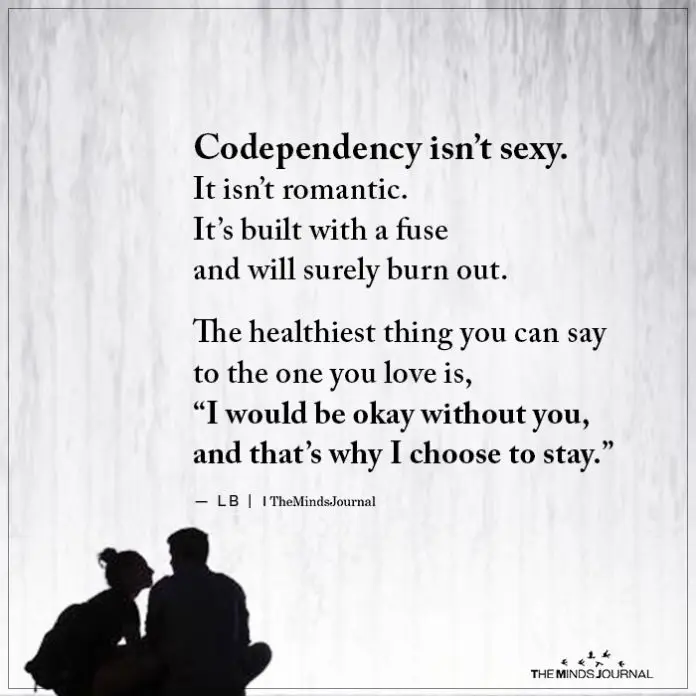
#3. Struggling To Lay Boundaries
Boundaries mean saying “No” to things that don’t feel authentic, healthy, or okay for you. It’s also about asking honestly for what you need from people. It’s about people knowing where the lines end … this is “who” I am – this is what I won’t and will accept.
Being your “self” is really important for this (getting back to the inner work) so that you know what your truths and values are.
If you struggle to speak up because of the fears of C.R.A.P. – meaning someone criticizing, rejecting, abandoning, or punishing you for being yourself – then this is a battle with codependency.
Related: Love vs. Attachment: 5 Differences Between Emotional Connection and Insecure Attachment
Please know how common this is! It’s such a huge part of narcissistic abuse recovery because narcissists will absolutely attack you when you try to lay boundaries!
Herein lies some of the greatest inner work you can ever do. Personally, for me, this was beyond life-changing. Before I turned inwards with Quanta Freedom Healing to heal this literal terror, I would have brain fog, panic, or just see “white fuzz” when I knew I needed to speak up. I just couldn’t.
Thank goodness I transformed out of this!
Just like myself, by healing these childhood wounds within you that caused you to fear speaking up, you will have the power and ability to express yourself and voice your concerns, ask the relevant questions, have difficult conversations, and say “No” and mean it.
These are vital human skills in business, love, and family and friendship relationships. They are also essential in intimate partner relationships.
There is so much more I could say about boundaries (which I teach you about in all my Courses), but I just want to drop this piece here – boundaries are not about other people “getting” your boundary and “agreeing” to it. It is about YOU getting it and agreeing to it.
There will be people in your life who have neither the capacity nor desire to meet your values and boundaries healthily. But you have the power to say “no more” and to attract and generate relationships that do.
#4. Self-Avoiding With Addictions Instead Of Self-Soothing
A big part of codependency is trying to seek relief and comfort from outside of yourself, instead of turning inwards to self-soothe, do the inner work and heal yourself.
In times of being triggered you may eat, smoke, drink, take drugs, work obsessively, watch porn, seek sexual relationships, obsessively indulge in activities like social media, researching, stalking your ex on social media, venting on abuse groups, binge TV watching, shopping, gambling, or even sleeping.
These are all methods of self-avoidance and self-abandonment. They are ways of trying to numb out the inner pain, instead of meeting it and healing through and beyond it.
Lots of sensitive, highly empathetic people fall into this category because we feel so much and often it’s overwhelming! Please know many of us in this community have intensely addictive personalities.
I used to have plenty of obsessive “go-to’s”. These were … smoking, drinking, workaholism, obsessive researching … and the list goes on. Yet by trying to avoid the pain, I was only kicking the can down the road, and my unattended traumas, like ignored housework, were growing daily and causing me to even more obsessively seek addictive relief.
There is only one answer to escape the escalating cycle of self-destructive addictions – drop the self-avoidance tactics, turn inwards and heal. That was a key decision I made to save my life.
Turning away from addiction, and inwards to “self” is a big piece of recovering from codependency, and I’m going to give you a very powerful solution to get this started at the end of this article. One which will help you find the love, relief, and power that you have previously been trying to seek in all the wrong places – outside of yourself.
Related: How Self Love Is The Key To Codependency Recovery
#5. Staying Attached When You Are Being Hurt
You discovered in narcissistic abuse that even after terrible treatment, you stayed.
Doing this personally stunned and shocked me. I knew I was smart and incredibly resourceful, yet I couldn’t stay away. At the time I felt so helpless, powerless, and stuck in the self-loathing as to “why” I would be doing this to myself – keep going back to someone who had done the most unthinkable and disgusting things to me.
Now I know, I was suffering from my broken inner child parts which didn’t believe I could survive on my own. When he hurt me, I would gravitate to him more, trying to regulate his behavior so that I could be safe.
As children we were defenseless but as adults, we aren’t.
I promise you with all of my heart, by letting go, and turning inside to shift all of the reasons why you are unconsciously still attached, you will be able to move on, be the adult to yourself that you can be, and heal up into your own safety, sanity and wellbeing.
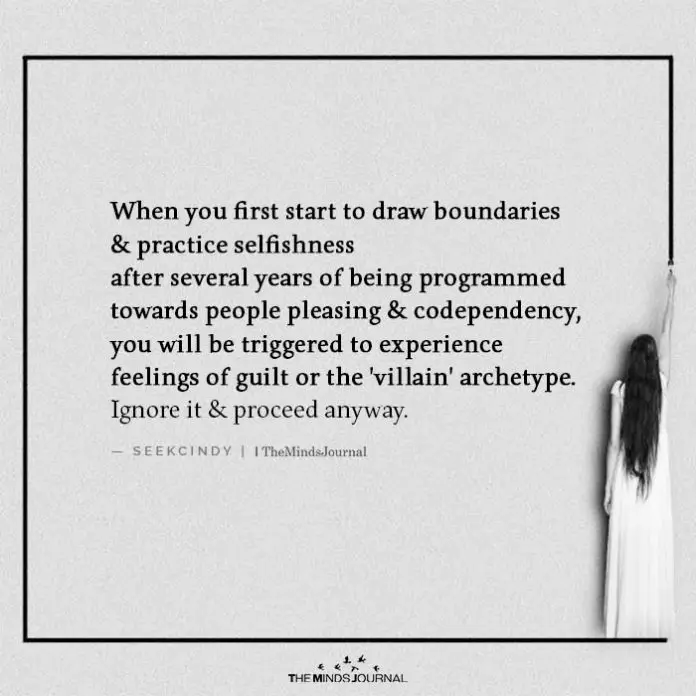
#6. Trying To Fix And Change Other People
The classic sign of codependency is trying to fix and change other people who don’t have the capacity to be healthy and safe for you – to try to be healthy and safe.
If people don’t have the capacity or desire to be kind, honest, and committed to teamwork, solution-building, and working on their own character and integrity, trying to fix and change them so that you can feel better will backfire badly.
By trying to fruitlessly control these people YOU become more out of control. The more you stay and lecture and prescribe, try to hold them accountable, and force repentance, reform, and amends from them, the more you will be brutally abused.
The only person you can fix and change is yourself! This is where your True Self and True Life and power is generated from.
Related: Why You Can’t Properly Love Her if You’re Afraid to Lose Her
#7. Not Allowing Others To Be Themselves
Being codependent is not about love. Please let me explain.
You are trying to change someone against their will and capacity to be who YOU want them to be so YOU feel happy. That’s not loving.
Imagine if you met a lovely genuine person who didn’t like healthy eating or exercise or socializing, yet these were important values for you.
You trying to get them off the couch to stop watching TV against their will is controlling – no matter how much you believe it’s good for them! Either you have to live outside your values and spend more time with them in front of the TV, or they have to start doing things they don’t want to do to please you.
Can you see where this is going? A power struggle of resentment and pain! Of course, you would both be better suited to part ways and seek people who match your respective values.
That is what demonstrates, “I love you enough to respect your choices and values, just as I do mine. Therefore, I set you and me free.”
That is TRUE love!
Now let’s look at abusive people. They don’t share your values of kindness, care, integrity, teamwork, and solution-building. “Love” is not forcing them to “get” your values against their will. Rather, it’s control.
Letting go and allowing others to be themselves is the only way to set yourself free, and it is the most powerful way of all to heal from codependency. Absolutely this is easier said than done and takes dedicated and specific inner healing!
Rating Your Codependencies
It is such a relief to share our inner selves with each other! Please know codependency is a symptom of mankind – we all have it to varying degrees. So much guilt and shame can come with these tendencies. That is why it is so refreshing and healing to share, dissolving the “icky feelings” around our codependent tendencies, and then really dedicate to healing, as a powerful Tribe together.
I love that as I continue developing my “self” I get to teach you the things that I most needed to learn!
Please put your score (and any other details you would love to share) in the comments below. This also encourages others to step into accepting and evolving and healing themselves. It gives them permission to BE their own SELF!
Now … I am so proud and excited to say that, myself and the incredible MTE team can help you take the healing of codependency even further than this article today …
Related: Soul Alignment: How It Helps In Recovery From Codependency
My upcoming Thrive Membership Program is all about that. Go check out what it involves and you will see how much this 10-week healing Bootcamp grants healing for what we have talked about today (plus so much more). My greatest commitment and gift to you with the Thrive Program is this – You will meet, establish and KNOW your “self” after these 10 weeks!
Spots are filling very quickly. “Thrive” starts in September!
Any questions you have about Thrive, write below, or you can send them to support@melanietoniaevans.com and one of my lovely team members will get back to you soon!
And, of course, please let me know where you are at with your journey of healing from codependency.
Written By Melanie Tonia Evans Originally Appeared On Melanie Tonia Evans
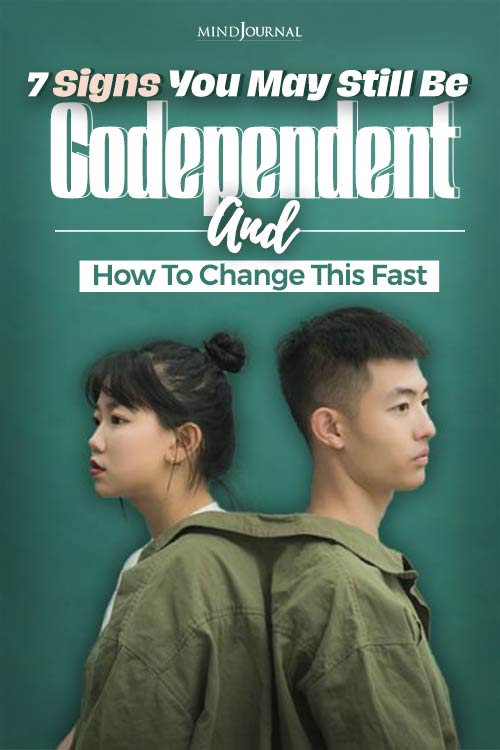
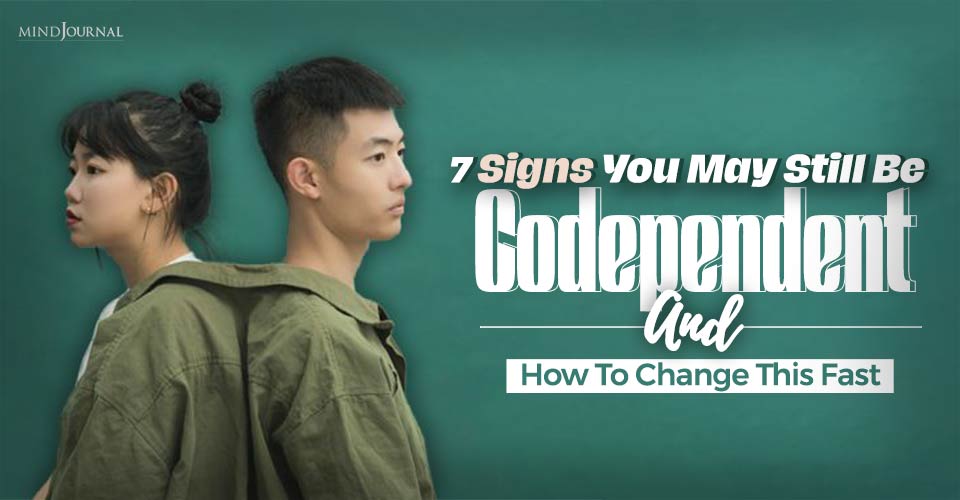
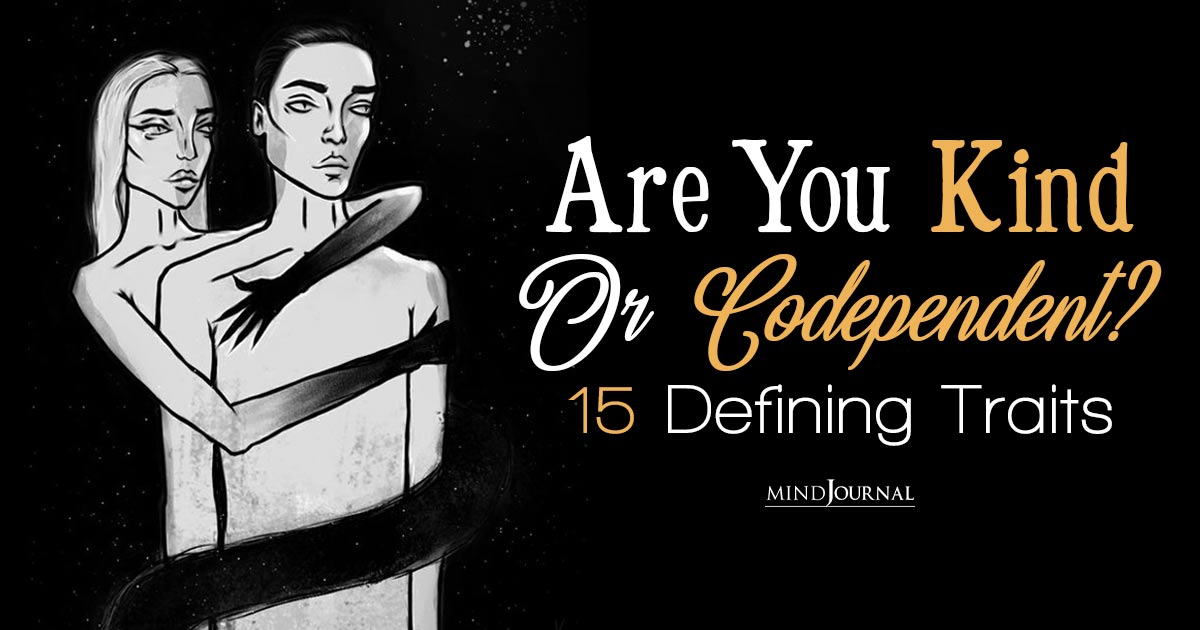
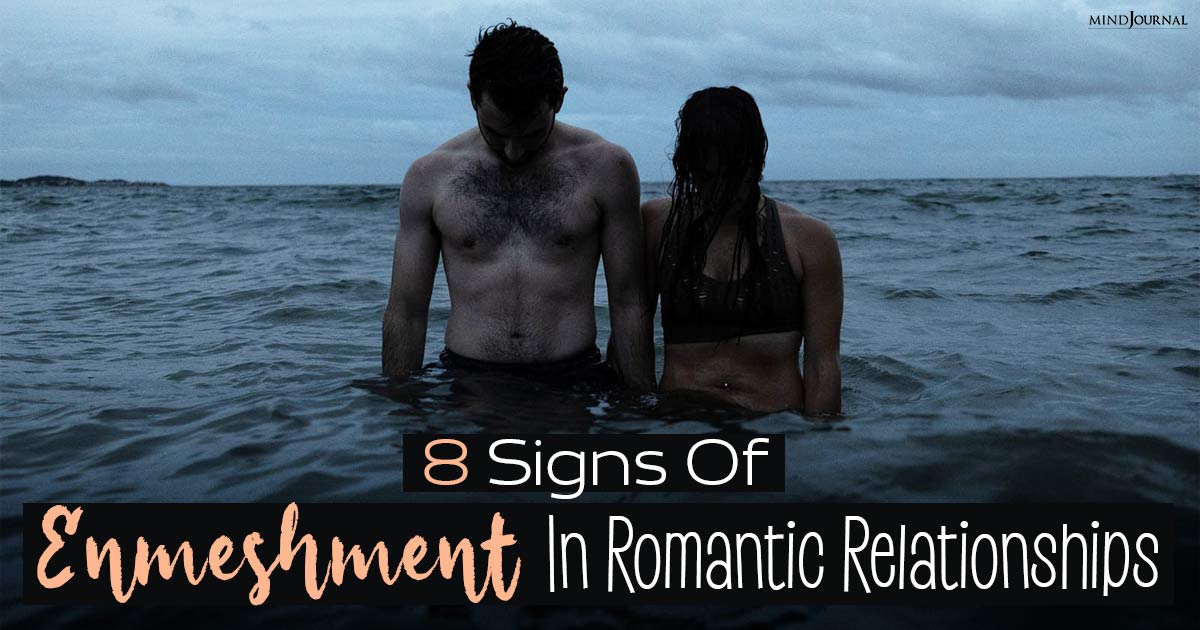
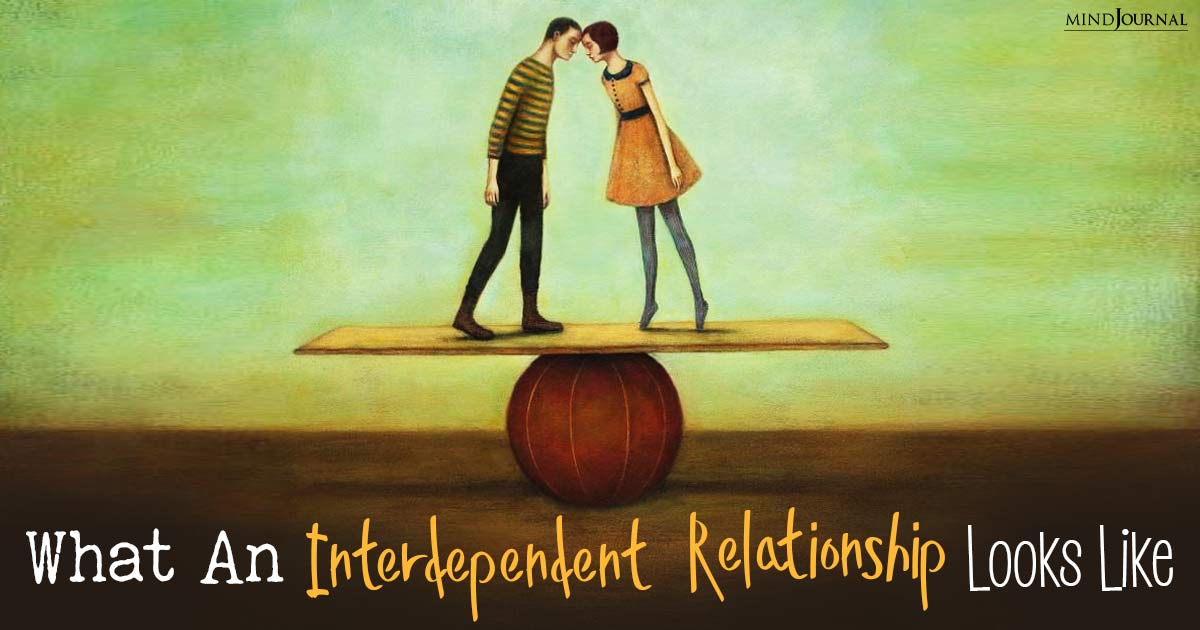
Leave a Reply
You must be logged in to post a comment.